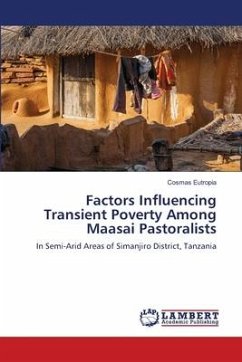Looking at the higher learning institutions in Africa, there is no question that the current methods for paying student fees are inefficient, inconvenient and time-consuming. In addition, the rise in the number of students studying in higher learning institutions has led to long frustrating queues and overcrowding in most financial institutions and higher learning institutions during payment of student fees. Consumers should avoid utilizing cash and contact-based payment systems, according to the World Health Organization, because they could be a source of infection. Medical experts confirmed that the SARS-CoV-2 virus could live for two to four days on surfaces like cash and banknotes. This study aimed to investigate the factors influencing the adoption of e-wallets by students in higher learning institutions in Zambia in order to propose a blockchain-based e-wallet for safer and easier payment of student fees.
Bitte wählen Sie Ihr Anliegen aus.
Rechnungen
Retourenschein anfordern
Bestellstatus
Storno








